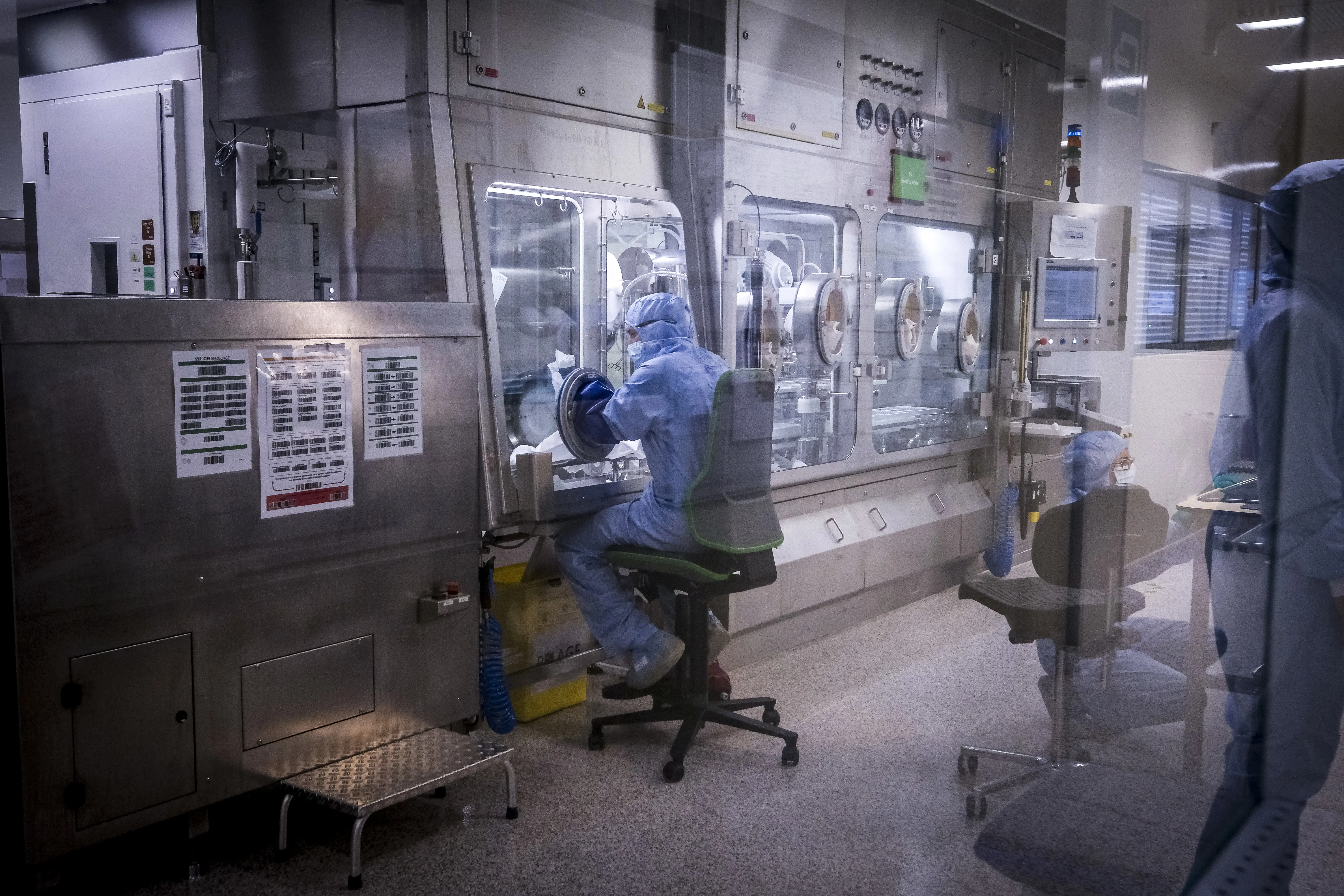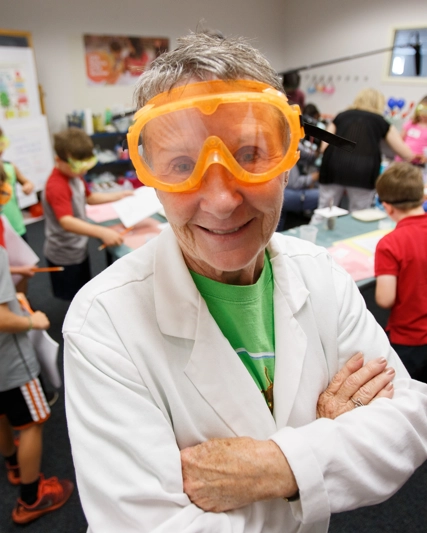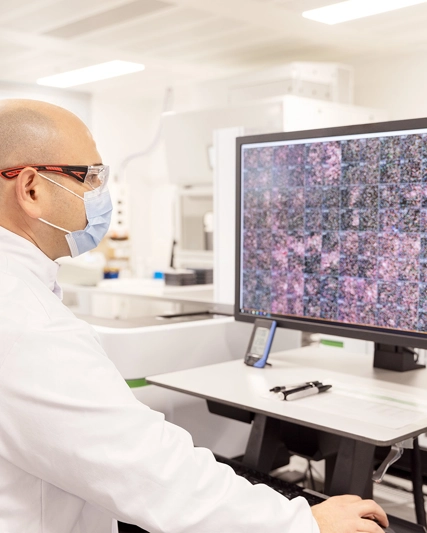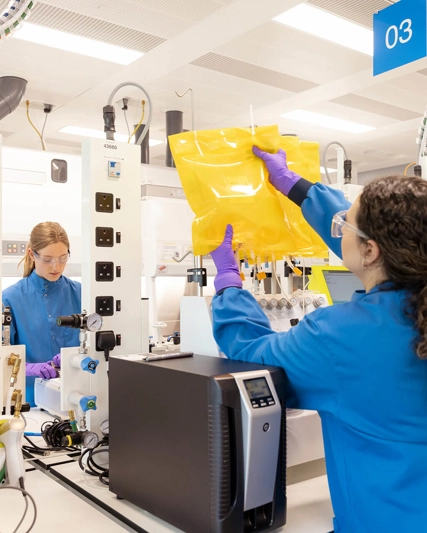Rachel works at GSK as part of the Non-respiratory Vaccines Epidemiology Team. That means she focuses on vaccines for viruses that don’t mainly affect the lungs-like chickenpox, shingles, and rotavirus, which causes serious stomach issues in young children.
But what exactly does an epidemiologist do? “I lead research studies to answer real-world questions about viruses and vaccines,” Rachel explains. “My typical day involves working with a lot of data designing studies, reviewing results, and helping teams understand what the data tells us.”
And she’s not doing it alone. Rachel regularly collaborates with doctors, lab scientists, and other experts to make sure everyone has the information they need to make good decisions about health. She also spends a lot of time writing-whether it’s research papers or scientific updates, her work helps communicate important findings to scientists all over the world.
So what makes the job exciting? “I love learning something new,” says Rachel. “And when I see my research published or mentioned in a news article that’s when I feel like the work I’m doing is really helping people.”
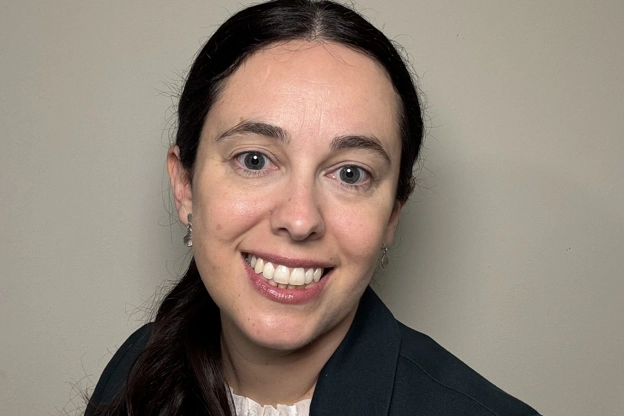
Rachel’s love for science started early. “I liked learning and being in school,” she shares. “I saw science as a way to keep learning forever and to do something that helps others.” A volunteer role in a hospital during college helped her realize she wanted to pursue public health, a field focused on keeping whole communities healthy, rather than becoming a doctor who treats one patient at a time.
She went on to study epidemiology in graduate school, and now her research helps fill in the gaps that clinical trials can’t always answer, like how well a vaccine works for people with specific health conditions.
Looking back, Rachel remembers college classes in immunology and medical anthropology as eye-opening moments that showed her how science connects with human life and culture. “Now, as a vaccine epidemiologist, I use what I learned in both of those classes every day,” she says.
One of this year’s Science in the Summer activities invites kids to “Be an Epidemiologist.” So, how does Rachel feel about that? “Excited and hopeful!” she says. “I hope kids see how wide and open the field of science really is. Anyone can be a scientist. All it takes is curiosity and the courage to ask questions.”
Ask great questions, stay curious, and keep learning, that’s how science grows.”
